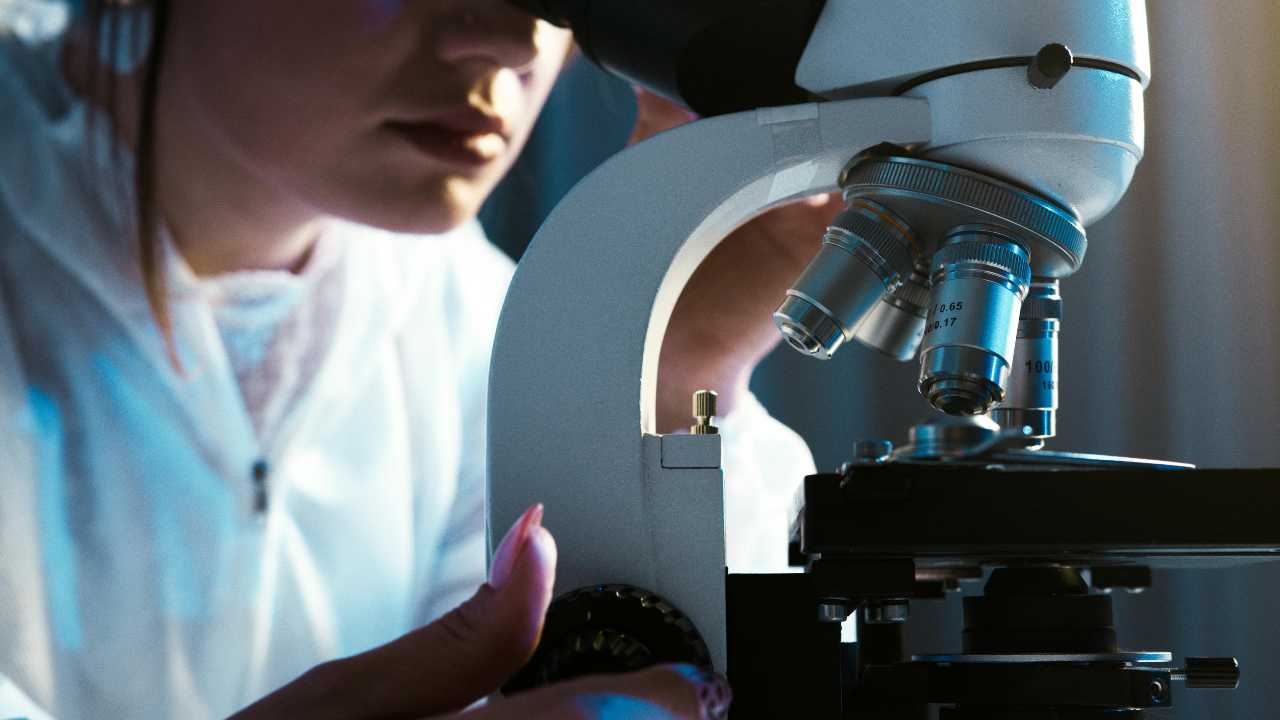Fashion businesses regularly face design challenges when creating new garments. This can involve highly innovative designs and even innovative manufacturing processes. Fashion designers have aesthetic design challenges, like determining the right fabric properties for the design, solving construction problems like proper draping and fit, addressing fabric shrinkage and colorfastness issues, ensuring proper thread selection and seam strength, and adapting standard patterns for different body types. They also have functional design requirements which often include conducting testing to ensure garments perform as intended in real-world conditions, providing adequate range of motion for various physical activities, and maintaining structural integrity and durability…
Category: Research Tax Credit
IRS Cannot Deny Facts for Research Credit Claim After Audit
Many businesses attempting to claim research tax credits find themselves navigating complex documentation requirements. No matter what documentation is provided, the IRS is not likely to accept it. The IRS will always ask for more. But what happens when a taxpayer undergoes an extensive IRS audit of their research credit claim? Can the IRS later assert that the original filing was not detailed enough and prevent the taxpayer from having their day in court on the credits? The recent case of Harper v. United States, 847 Fed.Appx. 408 (9th Cir. 2021), addresses this question by examining whether the IRS waived…
When “Substantially All” Means Nothing at All
Many businesses engaged in innovation seek to recoup their research and development costs through the research tax credit. This tax benefit can significantly reduce a business’s tax liability. The calculation for the credit is complex. As a general rule of thumb, the amount of the credit usually ends up being about eight percent of the qualified expenses that are used to compete the credit. So a business that spends $100,000 a year in qualified expenses, may end up with a 8,000 tax credit. There are a number of hurdles to get this tax benefit. The recent Little Sandy Coal Company,…
When Does a Taxpayer Retain “Substantial Rights” in Research for Research Credit Purposes?
Business owners who design products or processes may qualify for the research tax credit. This tax credit provides a real economic incentive as it can significantly reduce tax liability for companies investing in innovation. But what happens when the research is conducted under contract with another business? Who gets the credit–the business funding the research or the one performing it? This question turns on whether the research is considered “funded research” under Section 41(d)(4)(H). A key factor in this is whether the party performing the research retains “substantial rights” in the research it conducts. If it doesn’t, the research is…
The Fixed-Base Percentage Documentation Dilemma: Unearthing 1980s Research Records
Businesses claiming the research tax credit face a documentation challenge: documenting their research activities from nearly four decades ago. The fixed-base percentage is part of the calcuaiton. It equires companies to access financial records from 1984 through 1988, a period when many businesses used paper filing systems and floppy disks. This requirement creates numerous practical difficulties that can significantly impact a company’s tax benefits. The recent Sixth Circuit decision in Audio Technica U.S., Inc. v. United States, 963 F.3d 569 (6th Cir. 2020), explains these challenges and provides guidance on how courts view documentation issues in research credit disputes. Facts…
When Fixed-Price Architecture Contracts Qualify for Research Credits
Architectural firms design complex structures, such as stadiums, academic buildings, and commercial structures. This work typically require extensive research into materials, structural systems, and innovative design solutions. This type of design work can qualify for the research tax credit. One nuance is the contract or funding mechanism that pays for the design work. Architectural firms enter fixed-price contracts for this work. This begs the question, can this type of work that is paid for via a fixed-price contract qualify? The tax court’s decision in Populous Holdings, Inc. v. Commissioner, 2019 WL 13032526 (T.C. 2019), provides guidance on this exact issue.…
Research Tax Credits for Architectural Design Services: When Fixed-Price Contracts Qualify as “Unfunded Research”
When does payment from a client disqualify an architectural firm from claiming research tax credits? Do fixed-price contracts for architectural services create “funded research” that makes the firm ineligible for these credits? The Tax Court case Populous Holdings, Inc. v. Commissioner of Internal Revenue, 2019 WL 13032526 (U.S. Tax Ct. Dec. 6, 2019), provides an opportunity to examine this issue for architectural firms and other design professionals. Facts & Procedural History Populous Holdings, Inc. is an architectural design firm that provides services under fixed-price contracts. For tax years 2010 and 2011, Populous claimed research tax credits under Section 41 relating…
The Process of Experimentation Test: Why Many Research Tax Credit Claims Fail
Many businesses engage in activities they believe qualify for the research tax credit under Section 41 of the tax code. They conduct tests, develop products, and innovate processes, but still find their credit claims denied by the IRS. Why? Often, the answer lies in the “process of experimentation” test—a requirement that trips up even companies genuinely engaged in research and development. The disconnect typically occurs between what businesses consider research and what the tax code defines as qualified research. Simply conducting tests or developing new products isn’t enough. The tax law requires a structured, methodical scientific approach that many businesses…
When Is Government-Contracted Research “Funded” for Tax Credit Purposes?
Many government contractors engage in sophisticated research and development activities that push the boundaries of science and technology. These contractors rightfully wonder whether they can claim valuable research tax credits for this work. The answer hinges on a critical question: Is the research considered “funded” by the government under the tax code? If it is, those expenses don’t qualify for the research tax credit, potentially leaving millions of dollars in tax savings unclaimed. A recent Court of Federal Claims case, Dynetics, Inc. and Subsidiaries v. United States, 121 Fed.Cl. 492, provides an opportunity to consider when government contractors can claim…










